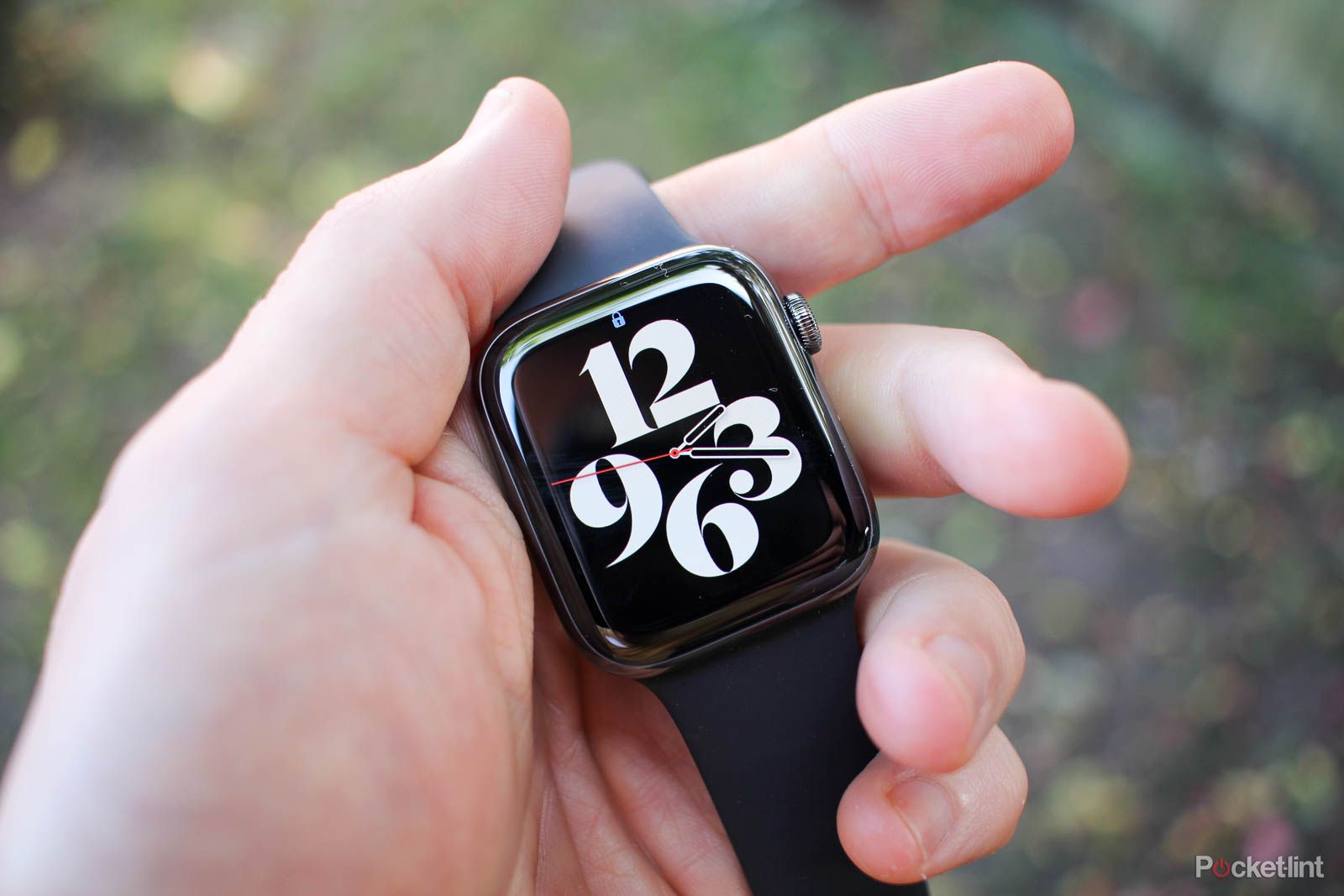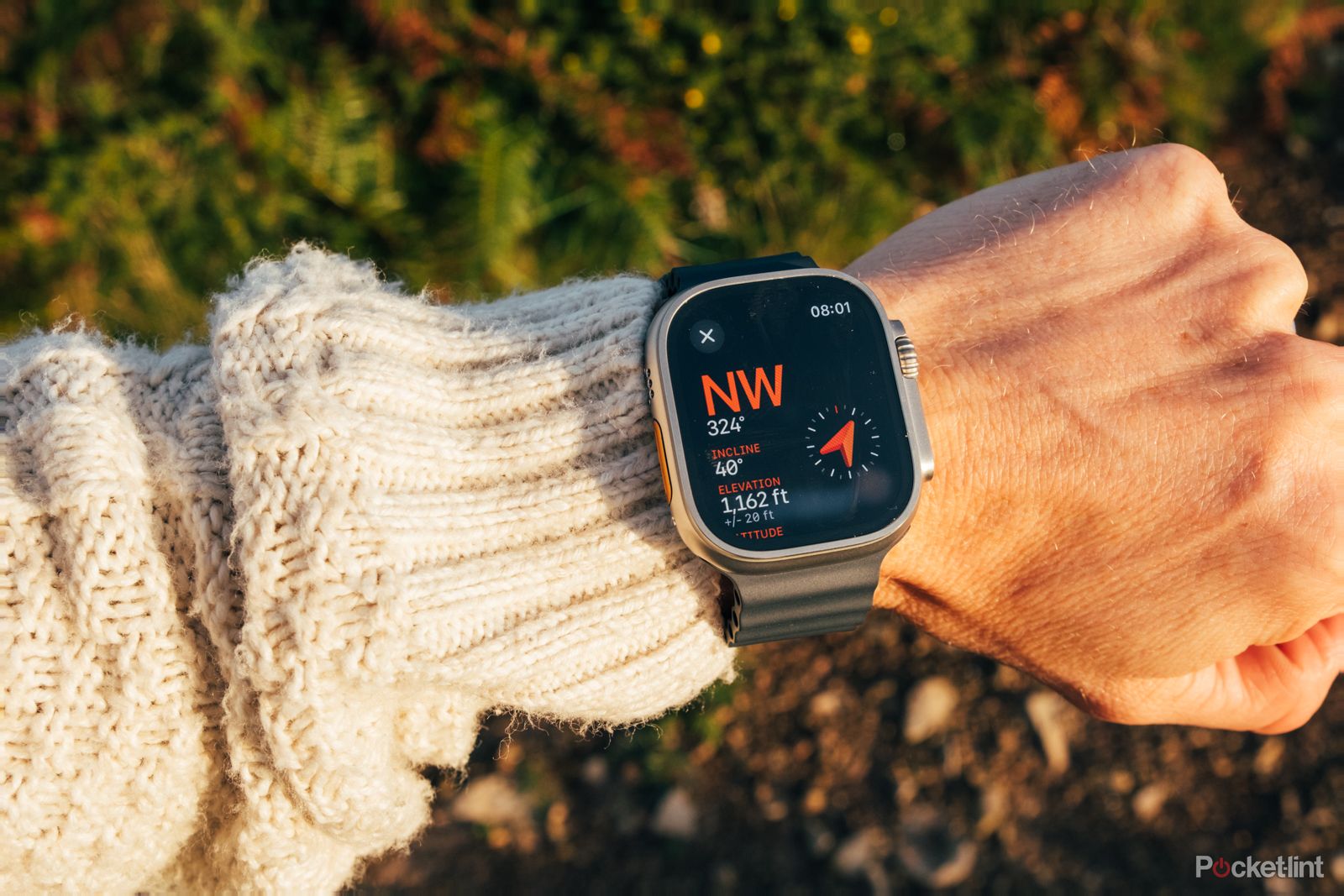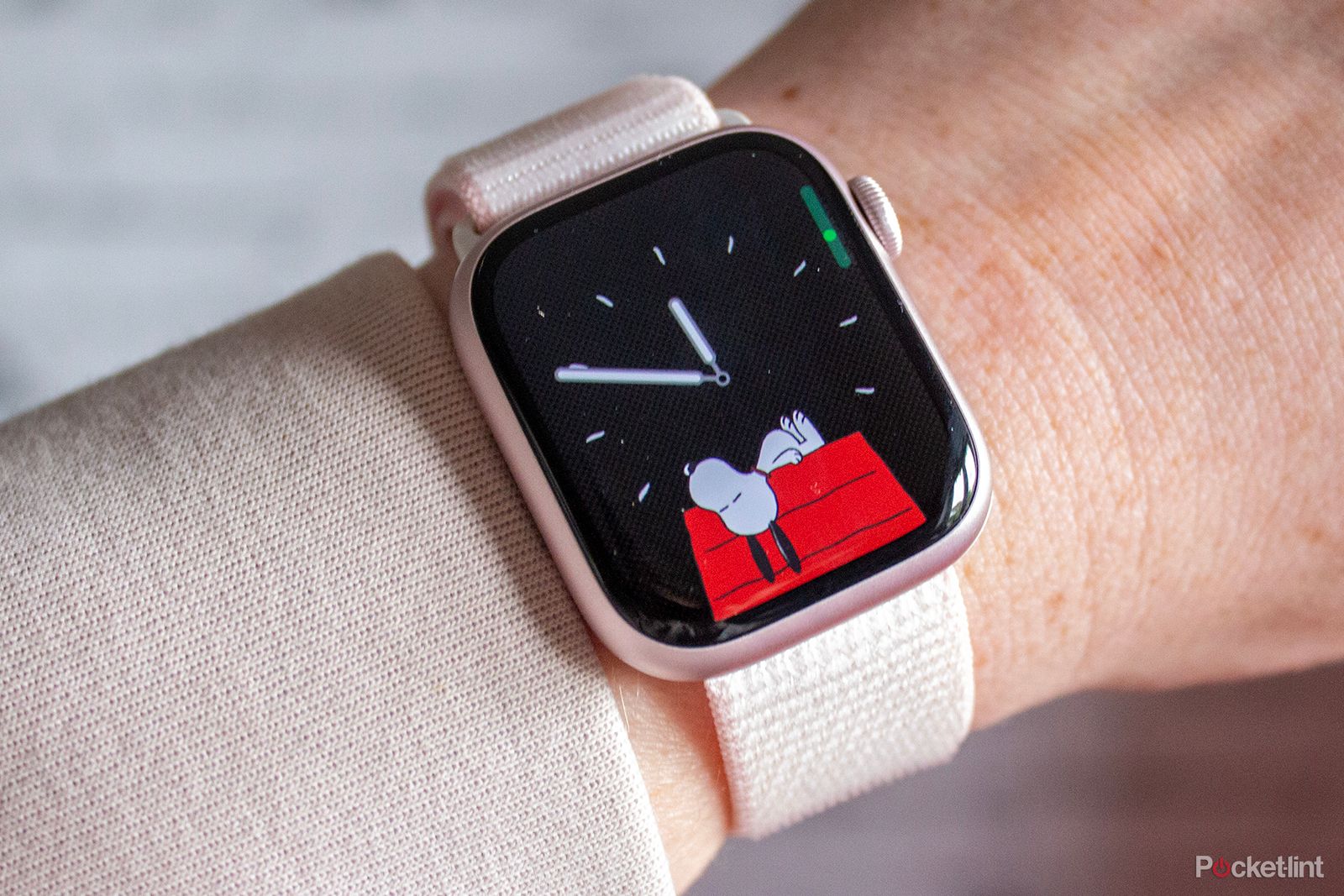Key Takeaways
- Apple cannot offer repairs or service for out-of-warranty Watch models.
- The company also cannot offer exchanges to customers who bought a Watch Series 9 or Watch 2 Ultra before the ban.
- Apple is pursuing legal and technical options, including a software update, to ensure availability of the Apple Watch.
The once unthinkable has occurred: Apple is banned from selling not one but two different products over a patent dispute that dates back more than a decade. As of Dec. 26, 2023, the company is prohibited from importing the Watch Series 9 and Watch Ultra 2 into the US, and selling those devices on the domestic market.
How did we get here, what happens next, and what does it all mean if you own a Watch Series 9 or Watch Ultra 2? This article will attempt to answer those questions.
Apple Watch Series 9 vs Watch Ultra 2: Which should you buy?
Wondering how the Apple Watch Series 9 compares to the Watch Ultra 2? Here are the differences.
How did Apple get here?
This particular legal saga dates back to 2013, with the release of the Apple Watch Series 6 in 2020 representing a flashpoint. Two years before it announced the original Apple Watch in 2015, Masimo, a medical device maker based out of Irvine, Calif., alleges Apple asked for a meeting the company said would help it “to understand more about Masimo’s technology to potentially integrate that technology into Apple’s products.” At the time, Masimo was known for its pulse oximetry tech, which many wearables use to measure SpO2 or blood oxygen saturation.
According to Masimo, it left those discussions feeling they were productive. However, later that same year, Apple began hiring some of the company’s key talent, offering them “sizable salaries” to bring their expertise to Cupertino. Among the employees Masimo lost to Apple was its chief medical officer. “When Apple takes an interest in a company, it’s the kiss of death,” Joe Kiani, the founder and CEO of Masimo, told The Wall Street Journal earlier this year. “First, you get all excited. Then you realize that the long-term plan is to do it themselves and take it all.”
In fall 2020, Apple released the Watch Series 6, the first Apple Watch to feature a blood oxygen monitor. Earlier in the year, Masimo filed a complaint with the US District Court in Central California accusing the company of stealing trade secrets and infringing upon its pulse oximetry patents. Apple subsequently countersued Masimo, alleging the company had infringed on several Apple Watch patents with its W1 Medical Watch.
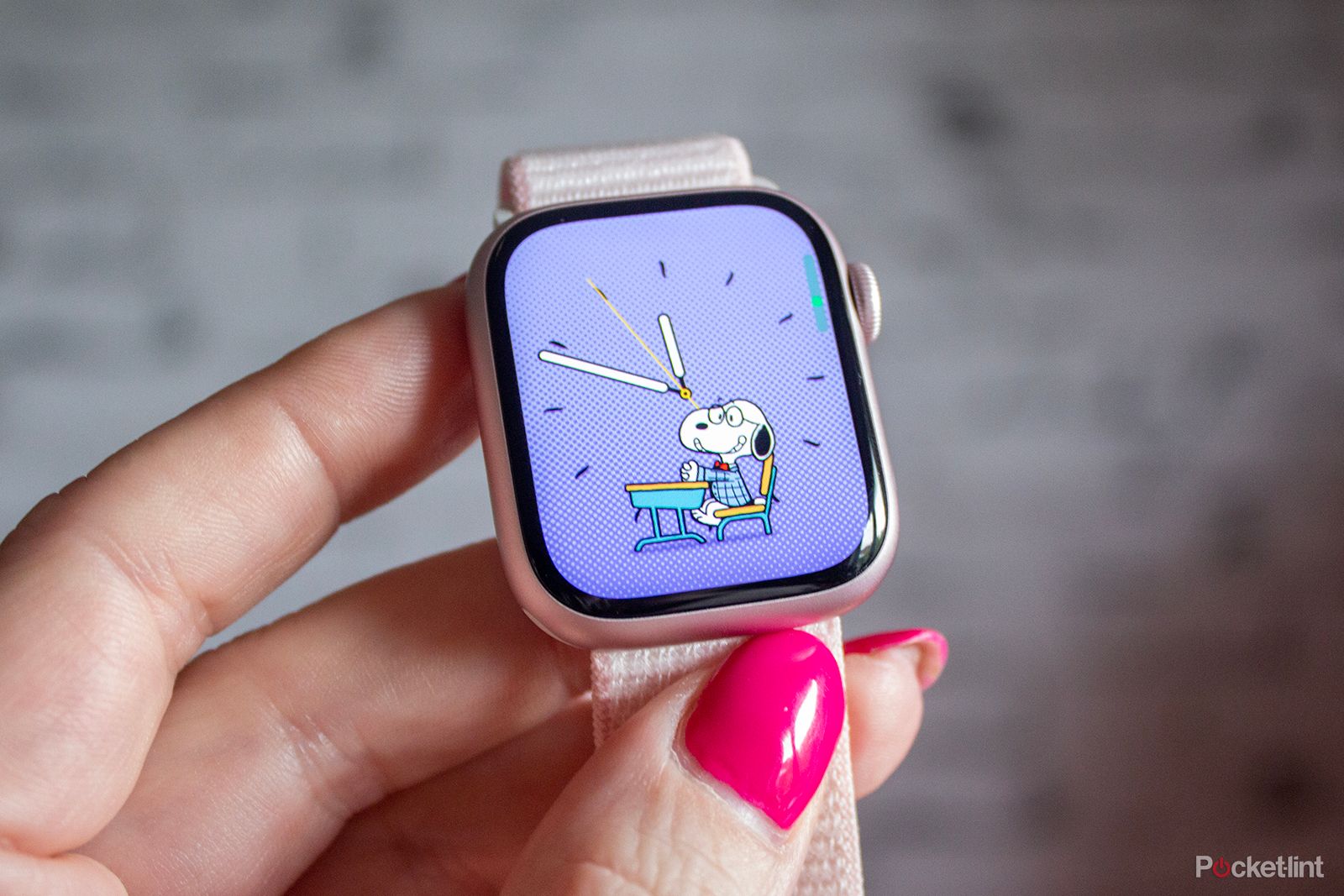
Apple Watch Series 9 review: Playing it safe, but playing it well
With some upgrades but not huge changes, is the Watch Series 9 worth buying? Here’s my review.
Where patent litigation comes into play
Patent litigation is a slow process, and the original lawsuit from Masimo dragged on until May 2023, ending in a mistrial. In search of more immediate relief, tech companies will often turn to the US International Trade Commission (ITC) while they continue to litigate their patent disputes in court. That’s what Sonos did when it accused Google in 2020 of infringing on its smart speaker patents, and it’s also exactly what Masimo did. In 2021, the company filed a complaint with the ITC, urging the federal agency to block imports of the Apple Watch Series 6.
Status at the start of 2023
At the start of 2023, a judge ruled in favor of Masimo, finding that Apple had infringed on two of the company’s pulse oximeter patents. On Oct. 26, the ITC upheld the judge’s ruling and granted Masimo’s request for a complete ban on imports of Apple Watch Series 6, Series 7, Series 8, and Series 9 models. The commission also ordered a stop to sales of Apple Watch units that were already in the country. At the same time, it sent the decision to the Biden administration for presidential review, starting a 60-day process that ended on Dec. 26. There was the possibility of President Joe Biden or the US Trade Representative vetoing the ITC decision, thereby allowing Apple to avoid the import and sales ban, but that did not happen. “After careful consultations, Ambassador Katherine Tai decided not to reverse the ITC’s determination,” the ITC said on Dec. 26.
“At Apple, we work tirelessly to create products and services that meaningfully impact users’ lives. It’s what drives our teams – Clinical, Design and Engineering – to dedicate years to developing scientifically validated health, fitness and wellness features for Apple Watch, and we are inspired that millions of people around the world have benefited greatly from this product. We strongly disagree with the USITC decision and resulting exclusion order, and are taking all measures to return Apple Watch Series 9 and Apple Watch Ultra 2 to customers in the US as soon as possible,” Apple said after the decision.
Status as of December 2023
On Dec. 18, 2023, Apple shocked the world when announced it was preparing to comply with the ITC order. On Dec. 21, the company stopped selling the Watch Series 9 and Watch Ultra 2 through its online store. As of the writing of this article, the Apple website says those models are “currently unavailable.” On Dec. 24, both wearables will not be available to purchase from the more than 270 retail locations the company operates across the US. You may be able to find Watch Series 9 and Watch Ultra 2 stock at retailers like Amazon and Best Buy, but with no new shipments allowed into the US, it’s only a matter of time before those sources dry up too.
What does this ban mean for Apple Watch owners?
As reported by Bloomberg, Apple cannot offer exchanges to customers who bought a Watch Series 9 or Watch Ultra 2 before the ban went into effect on Dec. 26, meaning if you gifted someone a new Apple Watch on Christmas, and it’s not the right size, there’s unfortunately not much you can do. At best, you can obtain a refund. Accessories like bands can still be exchanged.
What the ban means in terms of service repairs
Additionally, the ban will impact Apple’s ability to offer service and repairs to customers who own out-of-warranty Watch models with the infringing pulse oximetry technology. Specifically, that means Series 6, Series 7, Series 8 and first-generation Watch Ultra units. For example, if you damage the screen on your Watch Series 7, and it’s out of warranty, you won’t be able to get it serviced through Apple. In an internal memo obtained by Bloomberg, the company instructed employees to tell customers “they will be contacted when hardware replacements are allowed again.”
However, Apple can continue to offer repairs and replacements to customers with Apple Watch models that are covered under warranty, including those who obtained extended protection for their device through AppleCare+.
The Apple Watch SE, in all of its iterations, is not affected by the ban because it does not feature a blood oxygen monitor. If you live outside the US, all of the above restrictions do not apply to you.
Where does Apple plan to do next?
In a statement the company shared with The Verge, it said it was “pursuing a range of legal and technical options to ensure that Apple Watch is available to customers.” One of those solutions we know is a software update designed to bypass Masimo’s patents. On Dec. 18, Bloomberg reported Apple was “racing to make changes to algorithms on the device that measure a user’s blood oxygen level,” believing it could avoid a “complicated hardware overhaul.”
Is a software update the solution?
It’s unclear if a software update will be enough to appease US regulators. As Bloomberg points out, the patents at the center of the dispute mostly relate to hardware. And, for what it’s worth, Masimo is on record claiming the Apple Watch’s “hardware needs to change.”
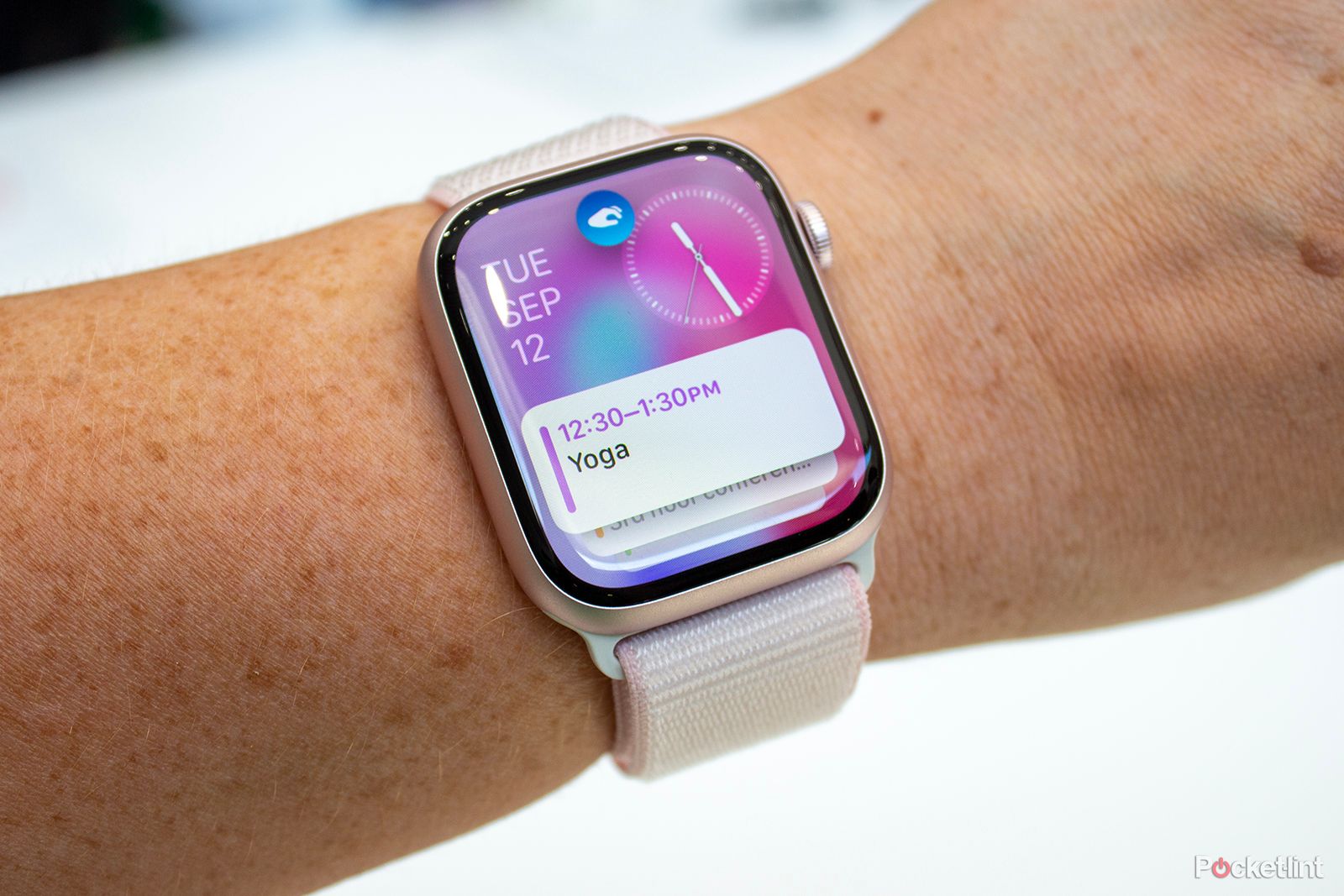
Apple’s attempt to temporarily reverse Apple Watch sales ban fails
On Wednesday, the ITC denied the company’s latest bid to avoid an import ban.
Ditching the SpO2 sensor?
There’s been some speculation Apple could release a firmware update that temporarily disables the Watch Series 9 and Watch Ultra 2’s SpO2 sensor, but again, it’s unclear if that would be enough to satisfy regulators. Additionally, if Apple were to disable the blood oxygen monitor on recent Apple Watch models, it would limit the company’s ability to offer certain wellness and sleep-tracking features.
Apple could license the infringed patents, but by all indications the company does not appear interested in striking a deal, with Kiani recently telling The New York Times Apple “had not engaged in licensing negotiations.” Apple has indicated it plans to appeal the ITC ruling, but like the legal case that started all of this, that’s a process that could take more than a year. Either way, a speedy resolution is not likely.
Trending Products

Cooler Master MasterBox Q300L Micro-ATX Tower with Magnetic Design Dust Filter, Transparent Acrylic Side Panel, Adjustable I/O & Fully Ventilated Airflow, Black (MCB-Q300L-KANN-S00)

ASUS TUF Gaming GT301 ZAKU II Edition ATX mid-Tower Compact case with Tempered Glass Side Panel, Honeycomb Front Panel, 120mm Aura Addressable RGB Fan, Headphone Hanger,360mm Radiator, Gundam Edition

ASUS TUF Gaming GT501 Mid-Tower Computer Case for up to EATX Motherboards with USB 3.0 Front Panel Cases GT501/GRY/WITH Handle

be quiet! Pure Base 500DX ATX Mid Tower PC case | ARGB | 3 Pre-Installed Pure Wings 2 Fans | Tempered Glass Window | Black | BGW37

ASUS ROG Strix Helios GX601 White Edition RGB Mid-Tower Computer Case for ATX/EATX Motherboards with tempered glass, aluminum frame, GPU braces, 420mm radiator support and Aura Sync


